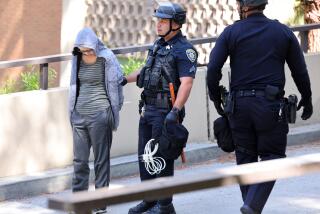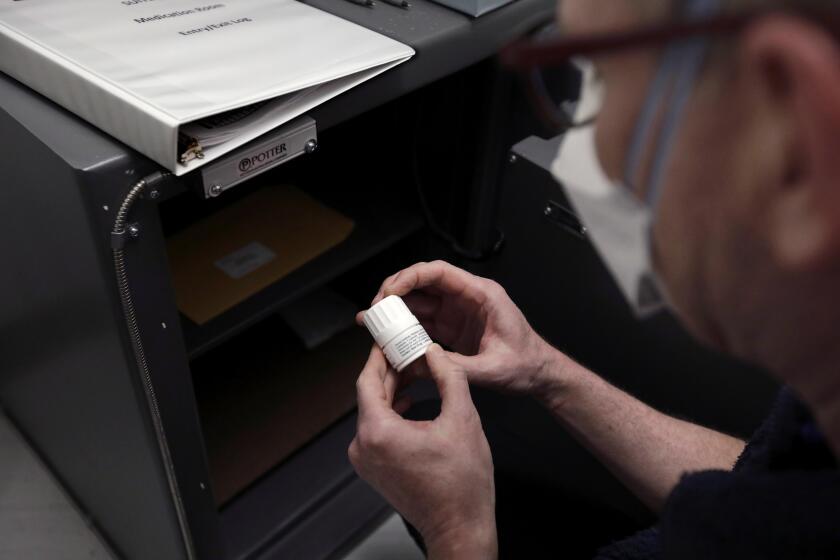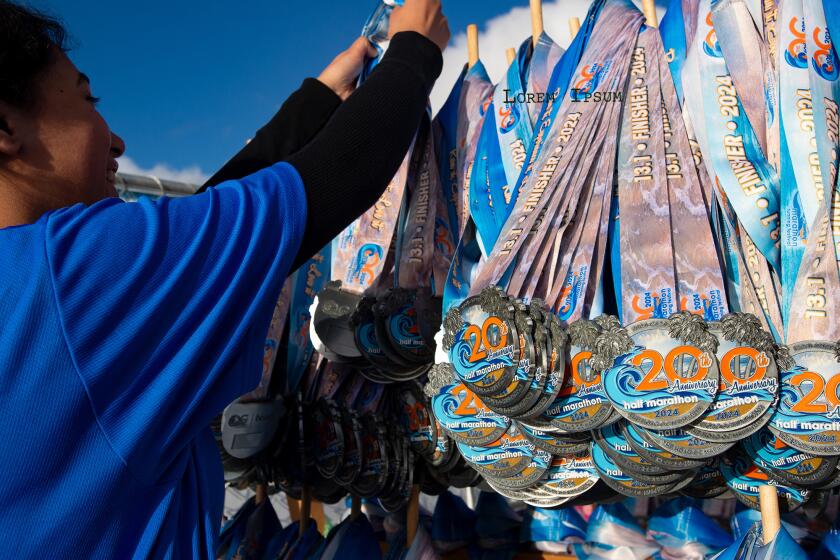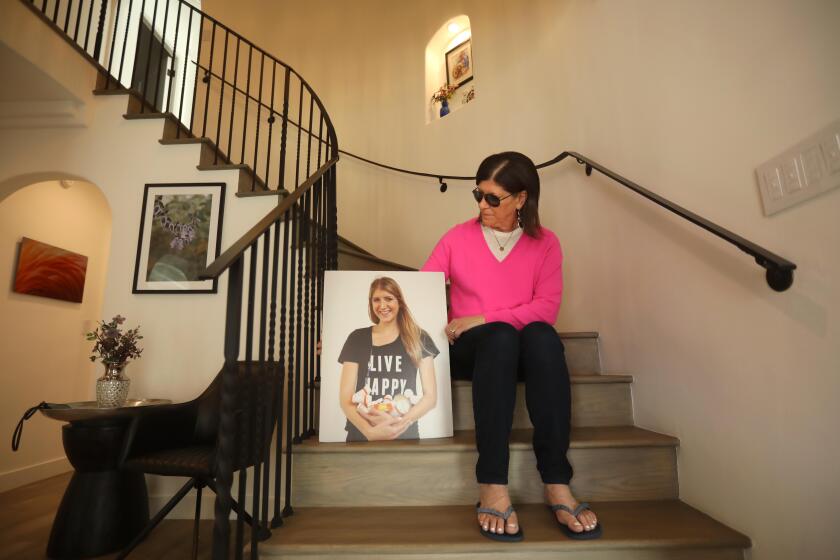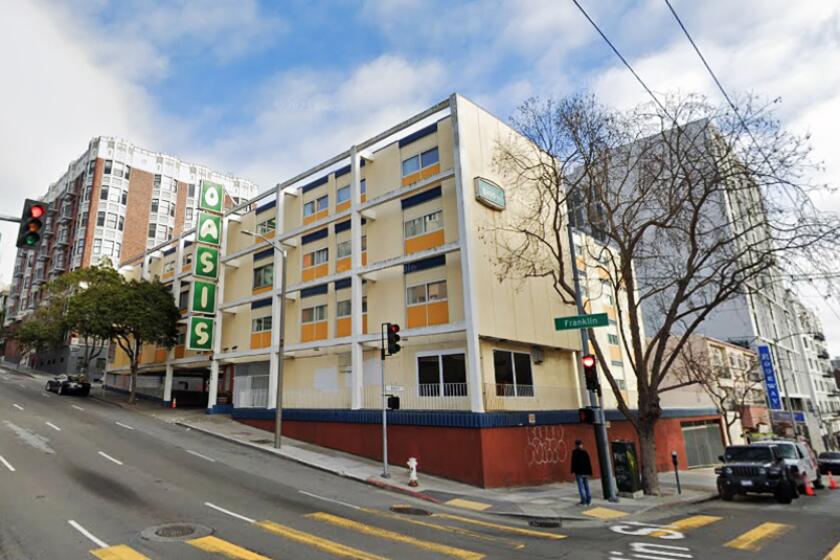Panel OKs Bill to Halt Overlay of 310 Code : Communications: The measure, to be voted on by full Legislature, also would restrict changes in other areas.
A joint Senate-Assembly conference committee approved a bill Friday that would halt an area code overlay and 11-digit dialing in the 310 region and require a study for any new area code or overlay statewide.
The committee vote sends AB 818 on to the full Assembly and Senate for expected floor votes next week.
“This is a tremendous victory,” said Assemblyman Wally Knox (D-Los Angeles), who introduced the bill. “If we succeed . . . it means California consumers will never have another area code change forced on people irrationally, irresponsibly and literally without taking the public interest into account.”
The earliest the bill would go to the floor of both houses for a vote is Thursday, officials said.
If passed by the Legislature and signed by Gov. Gray Davis, AB 818 would direct the Public Utilities Commission to rescind the proposed area code overlay and 11-digit dialing in West Los Angeles and the South Bay on Jan. 1, 2000, officials said.
It also would put on hold an overlay or split for the 818 area code, which the PUC is scheduled to consider Sept. 16. Before any split or overlay could be imposed, a state-conducted number-utilization study would have to conclude that new area codes are needed to provide continued phone service.
The legislation also mandates that the commission require telecommunications providers to preserve current area codes to the extent possible, ensure that retired numbers are reused rapidly and utilize numbers more efficiently by exhausting one prefix before assigning numbers from another.
Finally, the bill requires the PUC to implement a consumer education plan so residents and business owners can better understand the intricacies of area code relief plans and participate more fully in the process.
That provision won strong support from Steven Teitelbaum, a Santa Monica plastic surgeon who launched a Web site (https://www.stopoverlay.com) to generate consumer support for area code relief plans.
“It was our effective use of the Internet, e-mail and faxes that empowered us to fight this,” he said. “The effect of what we have done cannot be overstated. They used to thumb their noses at us, but now at the local, state and federal levels, there will be a responsiveness to the citizens, and the residents in 310 and 818 can take credit for this.”
Teitelbaum credited Knox and Assembly Speaker Antonio Villaraigosa (D-Los Angeles) for their “Herculean efforts in the face of overwhelming odds to get through a very strong and very effective bill that the industry is lobbying hard to defeat.”
Villaraigosa was cautiously optimistic late Friday as he assessed the bill’s path through both houses of the General Assembly.
“Clearly, this was a major victory for ratepayers, but we still have a long way to go,” he said. “The industry is going to fight it very hard. The key is to hold this together on the floor of the Senate and Assembly.”
Telecommunications companies including Pacific Bell are supporting the overlay in the 310 and 818 area codes as the most efficient way of meeting demand. Industry representatives could not be reached for comment late Friday.
In addition to the legislation, the PUC has two petitions pending before the Federal Communications Commission aimed at broadening PUC authority in hopes of reducing the need for splits and overlays.
Regulators are seeking permission to create separate area codes for electronic devices requiring phones lines and to reduce the number of phone numbers given out at one time--now 10,000--to 1,000 instead.
More to Read
Start your day right
Sign up for Essential California for news, features and recommendations from the L.A. Times and beyond in your inbox six days a week.
You may occasionally receive promotional content from the Los Angeles Times.


